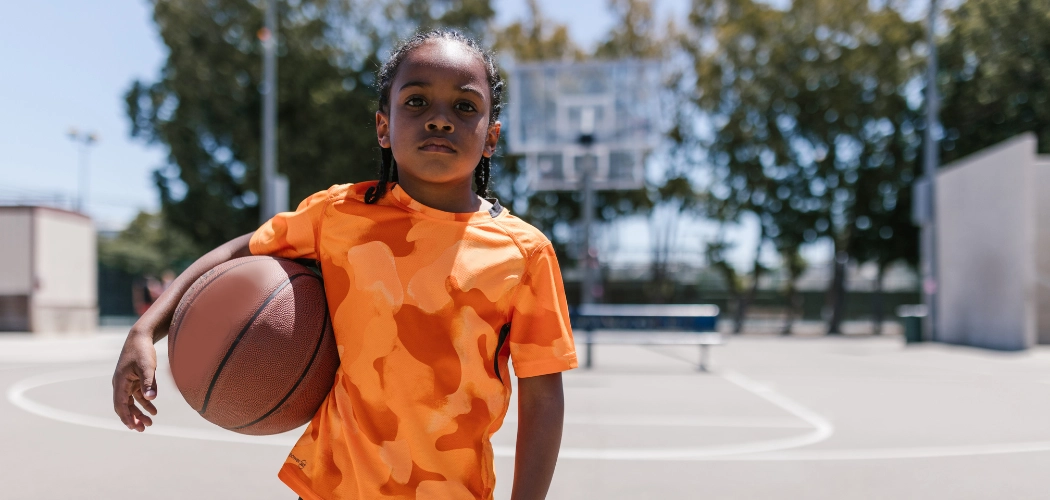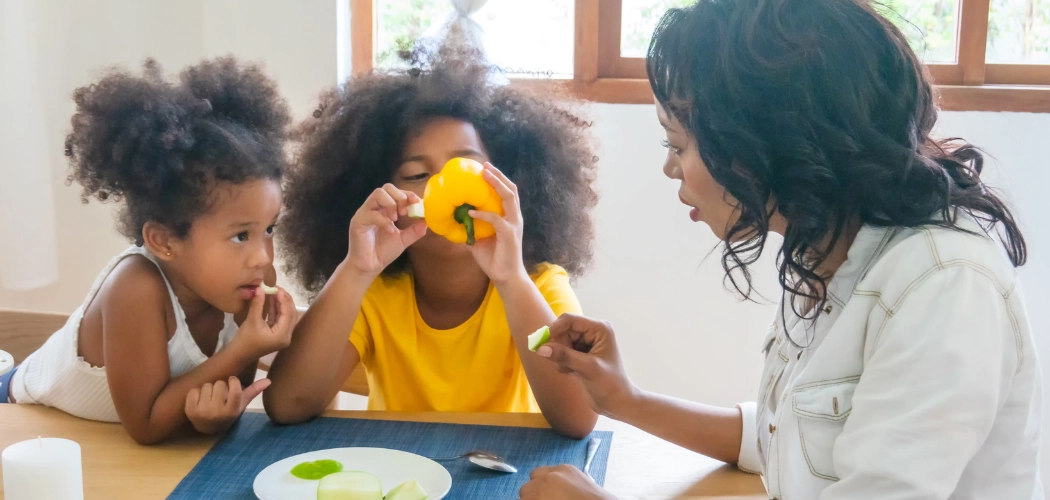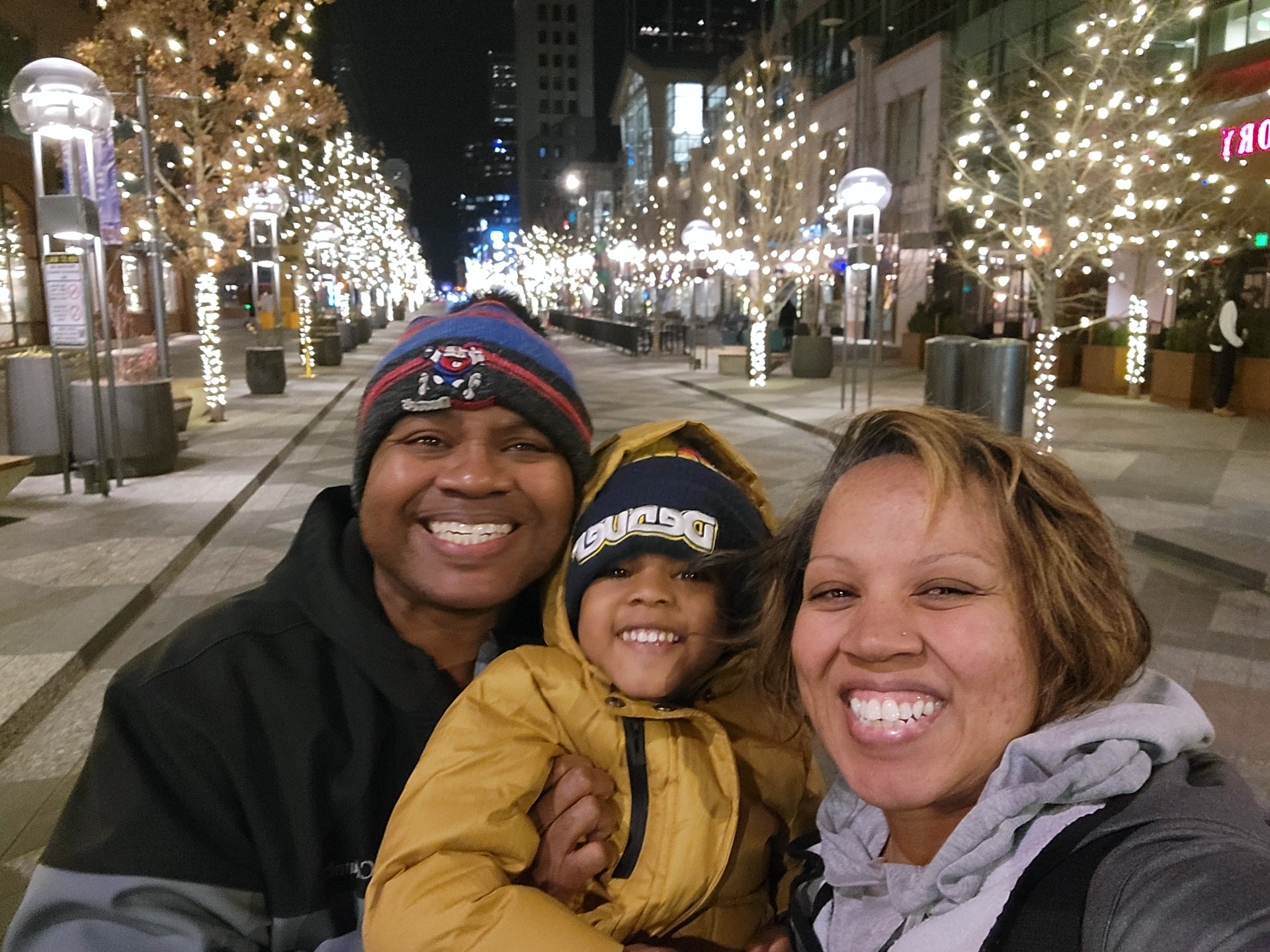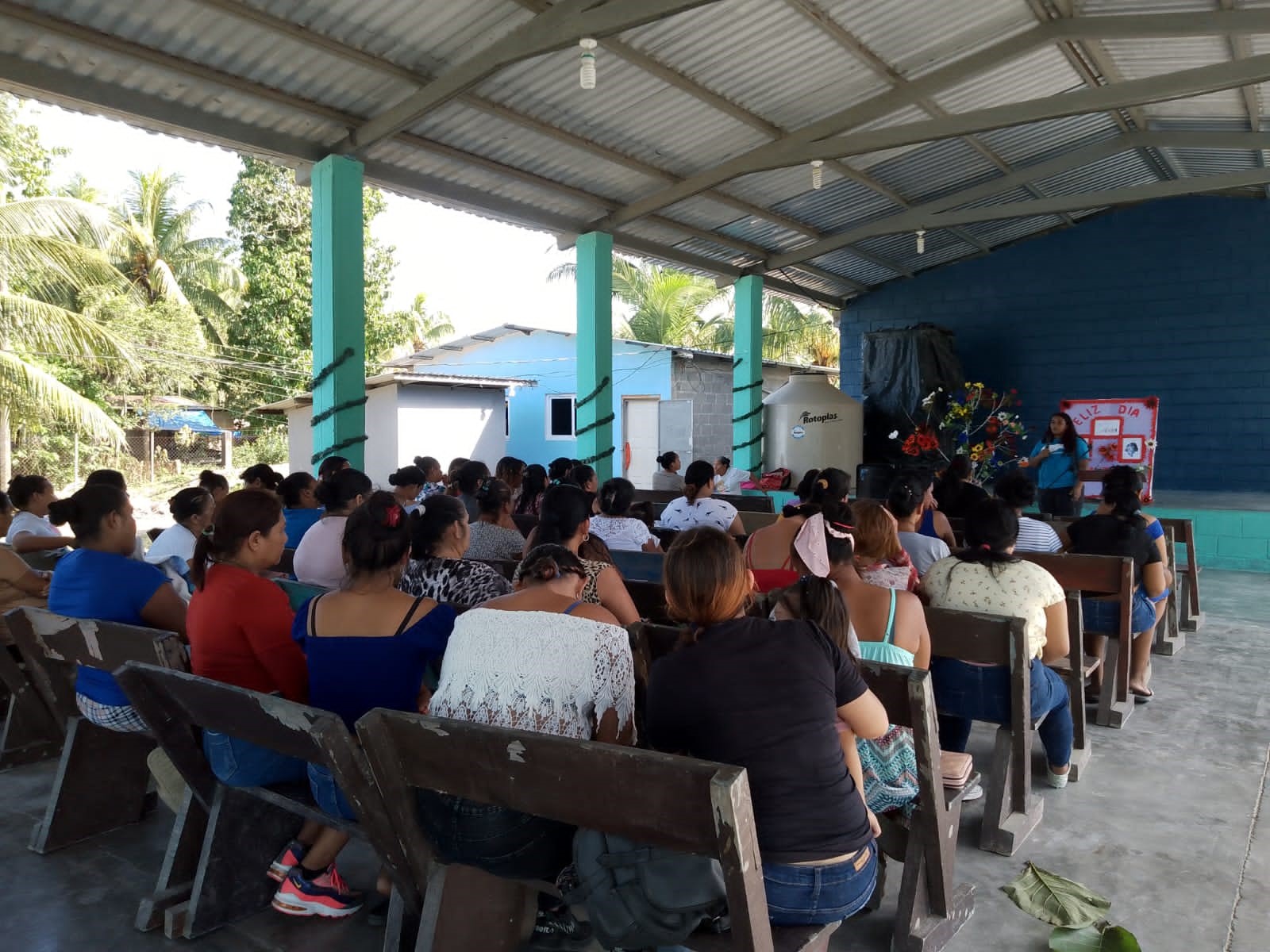I recently read an article in The Huffington Post regarding how to talk to your daughter about her body, and it said not to.
It said,
Don’t talk to your daughter about her body, except to teach her how it works.
Don’t say anything if she’s lost weight. Don’t say anything if she’s gained weight.
If you think your daughter’s body looks amazing, don’t say that…
Better yet, compliment her on something that has nothing to do with her body.
I disagree.
If you pretend that your daughter’s body doesn’t exist, she’ll feel like she doesn’t exist.
It’s not about ignoring our children’s looks. It’s about helping them to redefine beauty.
I understand why we would want to ignore. I understand that we’re scared to mess up our children. We have objectified ourselves. We have become objects of our own hatred or scorn. We are relentless when it comes to our own weight, our own scars and we don’t want to hurt our offspring with the same objectification and so we say nothing.
But saying nothing is not the answer.
If we don’t acknowledge and affirm our children’s physical appearance, they will turn to the world for answers about how they look. And the world is heartless.
I say this with the plaintive voice of a little girl who longed for her parents to compliment her. A girl who thought she was ugly because her mother and father refused to say anything about her appearance. A girl who was taught that the only thing that mattered was inner beauty, and that anything else was vanity. A girl who became anorexic at the age of nine because she was so starved for attention.
My mum didn’t talk to me about my looks because she was a pastor’s wife who had been taught that self-love was vanity and that vanity was a sin. She had never been complimented growing up, either, and battled low self-esteem, so she not only felt invisible–she felt ashamed of her skin.
But the Bible doesn’t tell us not to love ourselves. The Bible says we need to love ourselves in order to love our neighbor.
We need to talk to our children about their bodies. But before we do, we need to learn to treat our own bodies with the kindness that they deserve. We need to learn to see our skin as cherished, designed by a divine creator who doesn’t make mistakes. We need to look in the mirror and practice telling ourselves “I love you.” To look at our arms and thank them for carrying our babies. To look at our stretchmarks and saggy stomachs and thank them for their sacrifice. To spread lotion lovingly on our legs.
And then, once we’ve done that, we need to talk to our daughter about her body. Especially if she’s lost or gained weight–not to berate her–but rather, to let her know that you see her and you’re concerned, wondering if she’s okay? Is she starving herself or over-eating because she’s trying to numb the pain inside? And if so, don’t try to fix the outside–the outer appearance is a door to the heart, and it’s the heart that’s hurting.
Your daughter knows she has a body. She knows it’s changing and growing and she knows what the magazines tell her. She sees herself in the mirror and she wants to know what you think about her. She wants to know that you believe she is beautiful, inside AND out, and that you love the way her eyes shine and her cheeks dimple when she smiles.
Beauty is not what culture tells us it is, honey. It is not a number. It is YOUR smile. It is not shiny hair. It is your hair, the hair that God gave you. It is not mascara. It’s your beautiful eyelashes, which frame your lovely blue eyes. It is not thin, or any size at all, except the size that you are, and I see you, honey. I see your body and your heart, and all of you is beautiful.
Your little girl wants to know that it’s okay to have a flat chest when all of the other girls are filling out their bras and she wants you to sit on her bed and cry with her when she feels ugly and for you to tell her all of the ways that she is not.
She needs you to say that she is gorgeous.
I agree that it is important to stress our children’s inner strength, their character and integrity, their morality and their spiritual fortitude. All of these things are crucial, but we are not just our soul. We are our face and our hands and our eyes and our feet. We are our bodies. Let’s not ignore, in an attempt to cover up or counter-act. Our children are being forced to face, head-on, the effects of a superficial society and we need to gird their self-esteem not by ignoring, but encouraging.
And when she hears you praising her, when she knows that both her appearance and her character are intentional and designed by a Creator who loved her enough to send his Son to die for her, she will know that she can stand up to the monsters outside her door.
Because someone believes she is worth fighting for.
(For more information on this subject, please consider purchasing my book, Mom in the Mirror: Body Image, Beauty and Life After Pregnancy.)
Originally reposted at http://www.emilywierenga.com/please-talk-to-your-daughter-about-her-body/
Emily’s bio
Emily T. Wierenga is an award-winning journalist, artist, and the author of five books. Her first novel, A Promise in Pieces, is releasing Spring of 2014, and her memoir, Atlas Girl: Finding Home in the Last Place I thought to Look (Baker Books) is releasing July 1, 2014.
She is a columnist forThe Christian Courier, a bi-weekly contributor toMOPS International, a monthly contributor to The Better Mom, and a paid contributor to The High Calling. In addition to being associate editor, ghostwriter, copy editor, and staff writer, Wierenga has written for Adbusters, Prodigal Magazine,Today’s Christian Woman, Radix, Christian Week, Faith Today, Geez, The Anglican Planet, Focus on the Family, Christian Courier, and In Touch.
Emily is also a blogger with World Help, and in January of 2014 traveled to Rwanda and Uganda on a bloggers’ trip.





